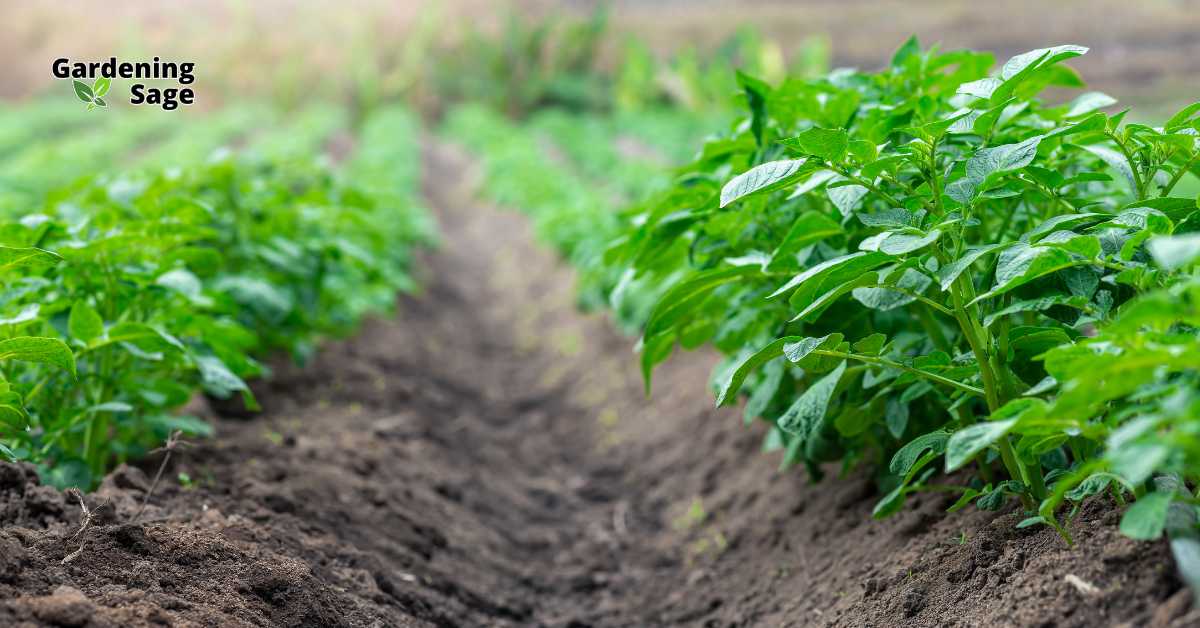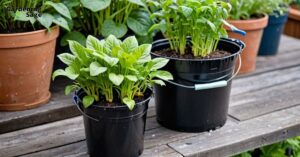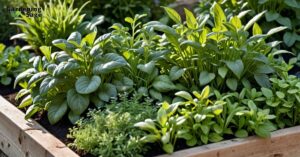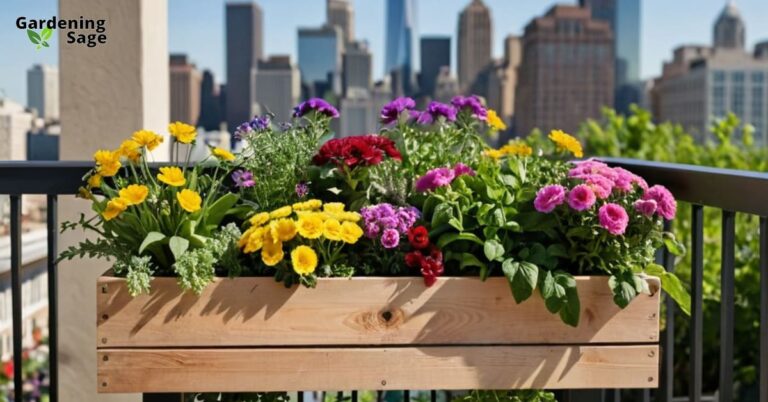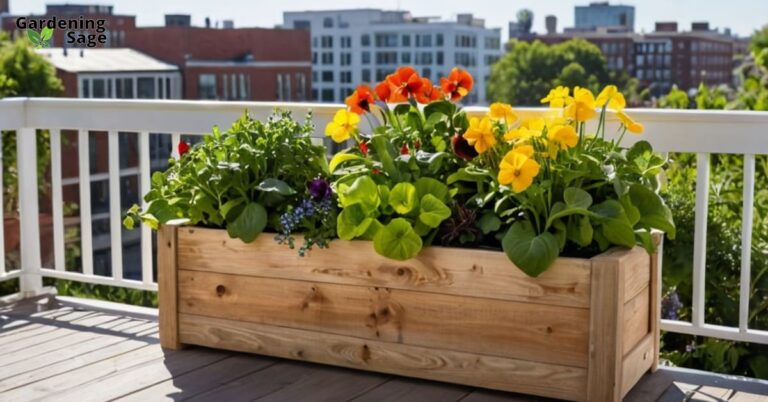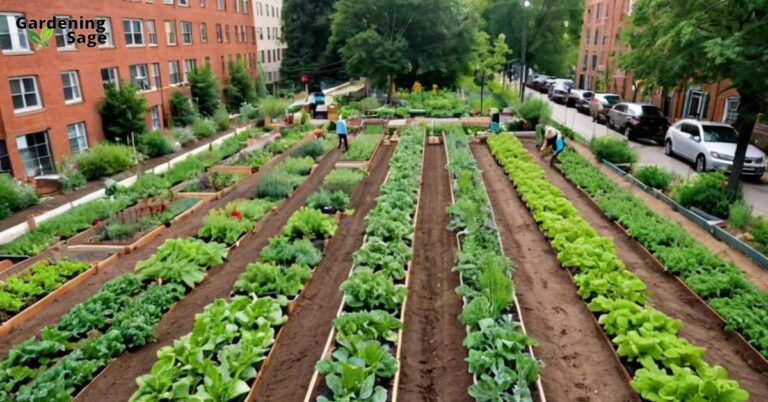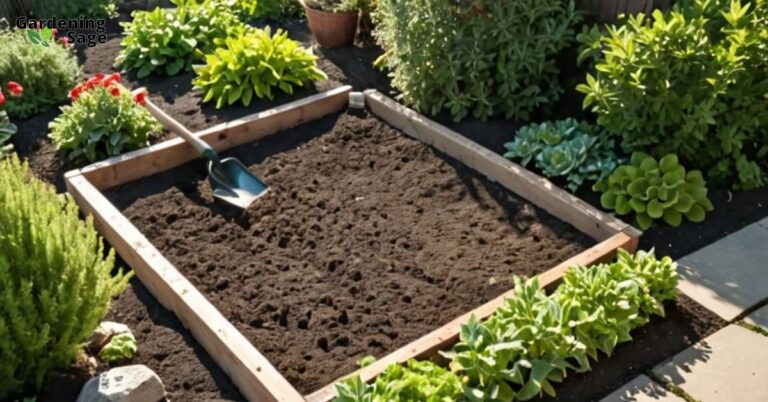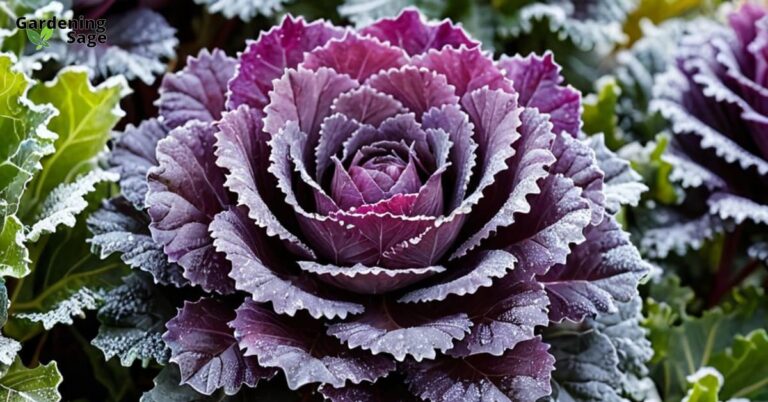The secret to a flourishing garden lies in effective plant protection strategies. “Maximizing Garden Health: Proven Methods for Plant Protection” is a comprehensive guide for gardeners at all levels.
From those just starting a garden to experienced enthusiasts, this article provides crucial insights into maintaining optimal plant health through preventive and corrective measures.
Foundation of Plant Health: Soil Quality
Healthy soil is the bedrock of a thriving garden. Soil preparation steps are vital, including testing soil pH, enhancing it with organic matter, and ensuring proper drainage and aeration.
Rich, well-balanced soil supports robust plant growth and builds natural resistance against diseases and pests.
Watering Wisely: Hydration without Harm
Water management is a delicate balance. Over-watering can lead to root rot and other diseases while under-watering stresses plants.
Techniques like drip irrigation and mulching can regulate moisture levels, ensuring plants receive just the right amount of water.
Beginners should learn the specific water needs of their plants and observe signs of both over and under-watering.
Pest and Disease Prevention: Natural Solutions
Managing pests and diseases naturally is key to garden health. Employ strategies such as companion planting, encouraging beneficial insects, and practicing crop rotation.
For disease control, focus on preventive measures like selecting disease-resistant varieties and maintaining good air circulation.
When intervention is needed, opt for organic treatments that are effective yet gentle on the garden ecosystem.
Nutrient Management: Feeding Your Garden Right
Plants require a range of nutrients for optimal growth. Understanding the nutritional needs of your garden and using organic fertilizers can significantly improve plant health.
Conduct regular soil tests to tailor your fertilization strategy, ensuring your plants get the necessary nutrients without the risk of over-fertilization.
Gardening Safety: Protecting Yourself and Your Plants
Gardening safety is crucial. Wear appropriate gear, including gloves and protective footwear, and use ergonomic tools to prevent injuries.
Be cautious with garden chemicals, even organic ones, and always follow instructions for use and storage. Gardening safety tips are especially important for beginners, who might be unfamiliar with the potential hazards in the garden.
Seasonal Care: Adapting to Changes
A garden’s needs change with the seasons. Understanding these shifts and adapting your care routine is crucial for sustained health. This includes adjusting watering, pruning, and fertilizing schedules as the weather changes.
Being a Garden Guardian
Maximizing garden health is a rewarding journey that requires knowledge, patience, and persistence.
By employing these proven methods for plant protection, gardeners can ensure their green spaces remain vibrant and productive. Embrace these practices for a garden that’s not only beautiful but resilient.

